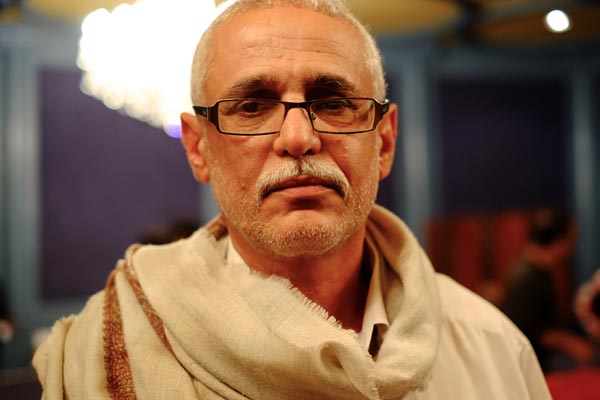At least 12 people have been killed in an air strike in Abyan Province in southern Yemen this week, the Interior Ministry said on Monday.
The ministry said the dead were suspected insurgents from Al Qa’eda in the Arabian Peninsula, “They were all killed and the vehicle was incinerated.”
Robert F. Worth and Scott Shane write for The New York Times about a Yemeni man seeking answers for previous attacks:
Standing on the marble floor just outside the House chamber, Faisal bin Ali Jaber looked lost in the human river of hard-charging lobbyists, members of Congress and staffers. It is not every day that a victim of American drone strikes travels 7,000 miles to Washington to look for answers.
Now he stood face to face with Representative Adam B. Schiff — a California Democrat who had carved out 20 minutes between two votes on natural gas policy — to tell his story: how he watched in horror last year as drone-fired missiles incinerated his nephew and brother-in-law in a remote Yemeni village.
Neither of the victims was a member of Al Qaeda. In fact, the opposite was true. They were meeting with three Qaeda members in hopes of changing the militants’ views.
“It really puts a human face on the term ‘collateral damage,’ ” said Mr. Schiff, looking awed after listening to Mr. Jaber.
A gaunt civil engineer with a white mustache, Mr. Jaber spent the past week struggling to pierce the veil of secrecy and anonymity over the Obama administration’s drone strike program, which targets militants in the hinterlands of Afghanistan, Pakistan and Yemen. He did not have much luck.
He met at length with a half-dozen members of Congress, as well as officials from the National Security Council and the State Department. Everywhere, he received heartfelt condolences. But no one has been able to explain why his relatives were killed, or why the administration is not willing to acknowledge its mistake.
It was an error with unusual resonance. Mr. Jaber’s brother-in-law was a cleric who had spoken out against Al Qaeda shortly before the drone killed him. The nephew was a local policeman who had gone along in part to offer protection. The strike, in August 2012, drew widespread indignation in Yemen, and was documented in The New York Times and later by human rights groups, along with a number of other strikes that accidentally killed innocent people.
A Yemeni counterterrorism official called Mr. Jaber hours after the strike to apologize for the mistake. Mr. Jaber wrote an open letter to President Obama, but received no answer. The same is true of a Pakistani family who lost a grandmother in a drone strike and visited Washington briefly late last month, in what appears to be the first such visit to Congress.
Read full article….

